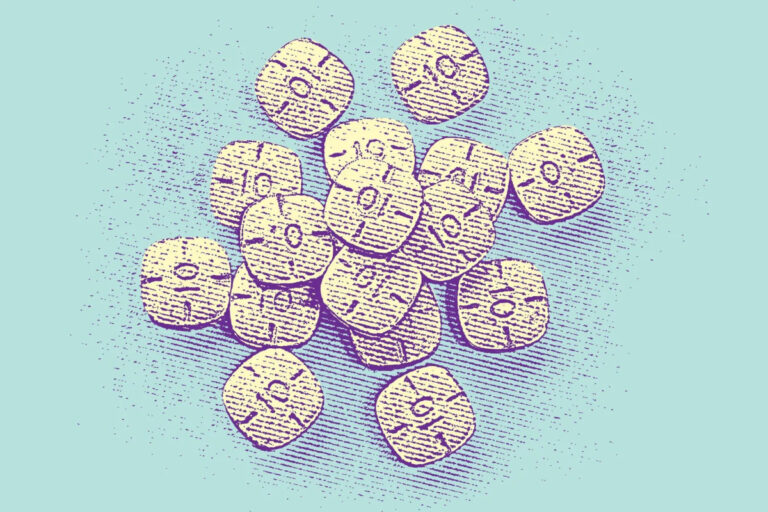Should Modafinil Be Available Over the Counter?
Modafinil, initially developed to treat sleep disorders, has evolved into one of the most widely discussed cognitive enhancers. While its medical use is well established, growing off-label usage has sparked debate over whether it should be available over the counter (OTC). Proponents argue that broader access could benefit people with fatigue or sleep-related issues who lack formal diagnoses or healthcare access. Critics warn of potential misuse, side effects, drug interactions, and dependency risks.
What Is Modafinil?
Modafinil is a wakefulness-promoting agent, approved in the U.S. for narcolepsy, obstructive sleep apnea, and shift work sleep disorder (U.S. Food and Drug Administration, 2015). It acts by modulating neurotransmitters such as dopamine, norepinephrine, and orexin without the jitteriness commonly associated with stimulants (Greenblatt & Adams, 2023). Available in 100 mg and 200 mg tablets, it is favored for its minimal euphoric effects and low abuse potential compared to amphetamines.
Prescription Regulations and Global Access
In most countries, including the U.S., Modafinil is prescription-only because of concerns over side effects, interactions, and dependency. Some nations, such as India, allow OTC sales, while others, like Turkey, are rumored to do so, although this has not been confirmed by official regulatory bodies (Dursun et al., 2019). Internet access adds another layer of complexity, as unauthorized sales continue to flourish on surface websites.
Off-Label Use and Online Trends
Modafinil’s reputation as a “smart drug” has led to widespread off-label use. Studies estimate usage among European university students ranges from 0.8% to 16% (Greenblatt & Adams, 2023). Online forums and retailers promote its benefits, often ignoring medical risks. A 2019 study revealed numerous online vendors sold Modafinil to Australian consumers without prescriptions, often presenting it as safe despite lacking citations or legal disclosures (Dursun et al., 2019).
Side Effects and Drug Interactions
While typically well-tolerated, Modafinil can cause headache-side-effects/">headaches, nausea, nervousness, and insomnia. More severe risks include anxiety, elevated blood pressure, and psychiatric symptoms like paranoia or mania (Greenblatt & Adams, 2023). It interacts with medications processed through the CYP3A4 enzyme system, potentially reducing the effectiveness of contraceptives and increasing the risk of interactions with antidepressants or anticonvulsants (U.S. Food and Drug Administration, 2015).
The OTC Debate: Autonomy vs. Oversight
Arguments for OTC Availability
- Access for Shift Workers and the Undiagnosed: People with chronic fatigue could benefit without navigating expensive healthcare systems.
- Personal Autonomy: Advocates argue that informed adults should manage their health independently.
Arguments Against OTC Availability
- Risk of Misuse: Without supervision, people may use it unsafely, especially those with mental health conditions.
- Drug Interactions: Users may unknowingly face harmful drug combinations.
- Counterfeit Concerns: Online pharmacies are often unregulated and may supply substandard or fake products (Dursun et al., 2019).
Regulatory Considerations
Experts recommend limiting prescriptions to specialists (e.g., neurologists or psychiatrists) and tracking off-label trends. Legislative responses like the Ryan Haight Online Pharmacy Consumer Protection Act in the U.S. have attempted to control illegal online sales, but enforcement remains a challenge (Dursun et al., 2019).
Conclusion
Making Modafinil available over the counter is a multifaceted issue. Easier access could benefit some people, but the risks of unsupervised use, drug interactions, and counterfeit products make caution necessary. A possible middle-ground could involve pharmacist-led distribution or limited OTC access with mandatory screening, allowing for greater accessibility while maintaining safety.
References
- Dursun, S., Dunn, M., & McKay, F. H. (2019). The availability and acquisition of modafinil on the internet. Drug and Alcohol Review, 38(6), 699–702. https://doi.org/10.1111/dar.12977
- Greenblatt, K., & Adams, N. (2023). Modafinil. In StatPearls. StatPearls Publishing. Retrieved June 21, 2025, from https://www.ncbi.nlm.nih.gov/books/NBK531476/
- U.S. Food and Drug Administration. (2015). PROVIGIL® (modafinil) tablets, for oral use, C-IV [Prescribing information]. U.S. Department of Health and Human Services. https://www.accessdata.fda.gov/drugsatfda_docs/label/2015/020717s037s038lbl.pdf








